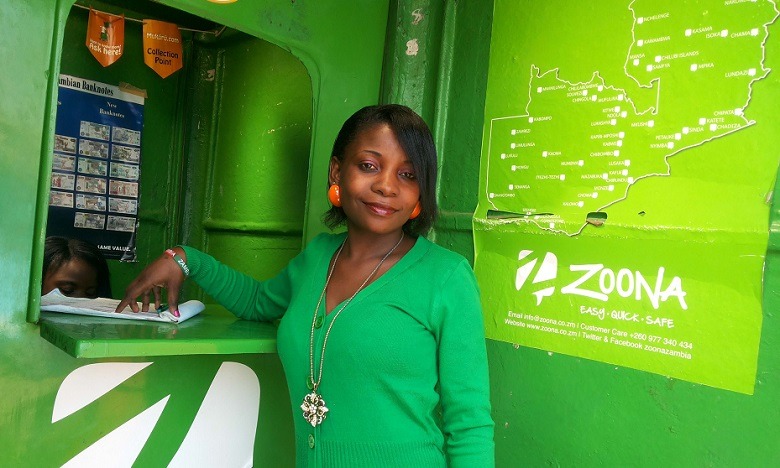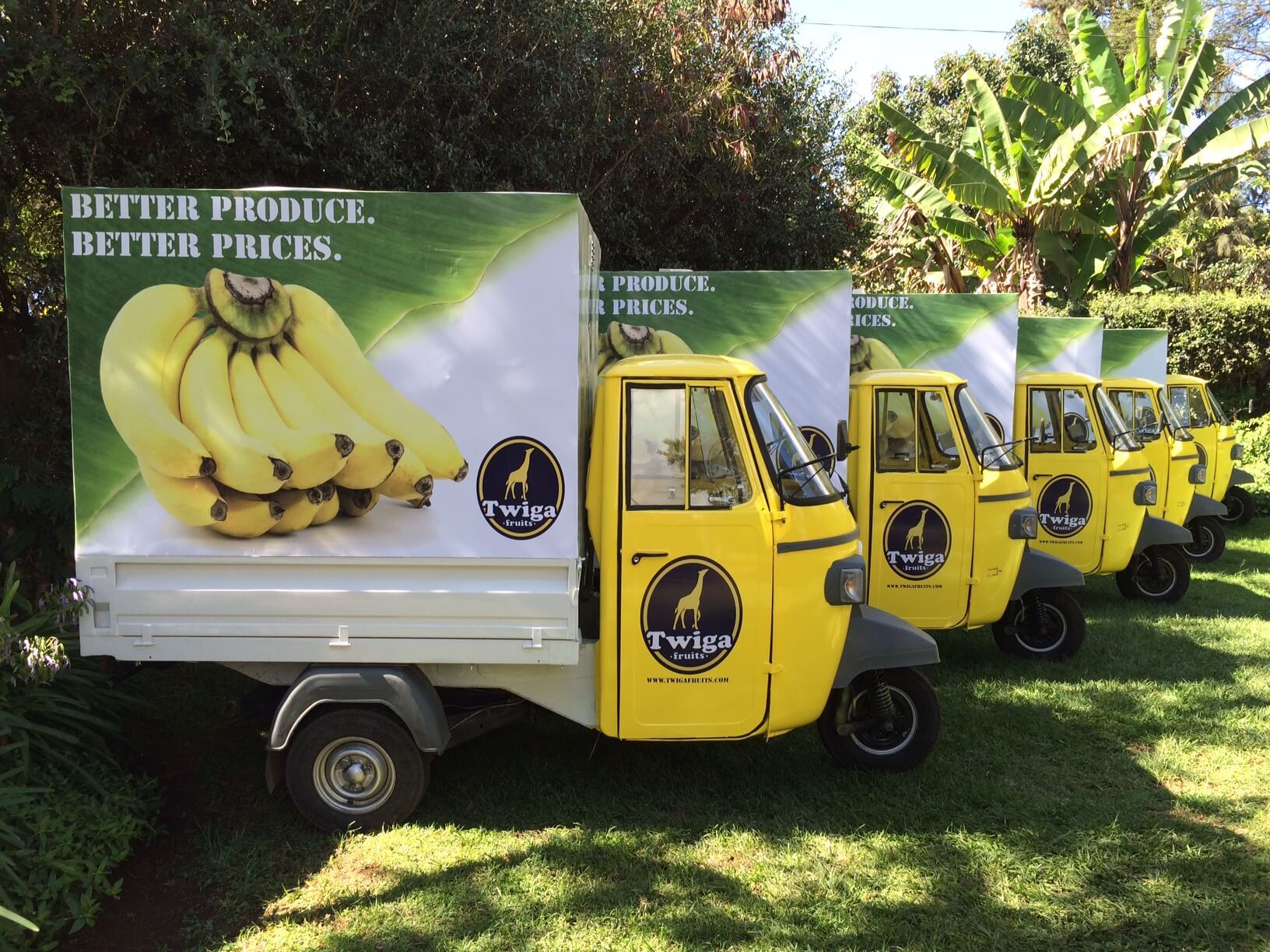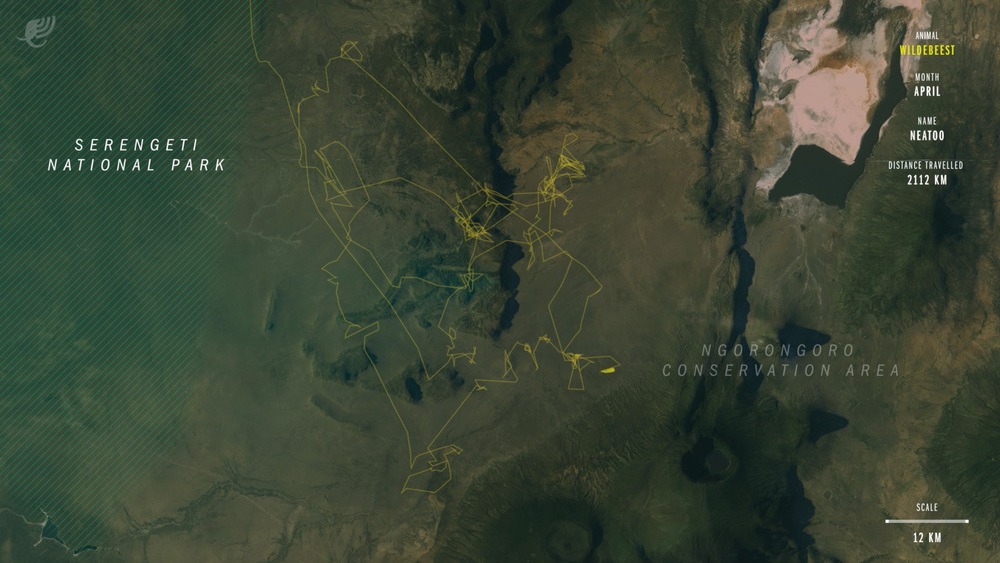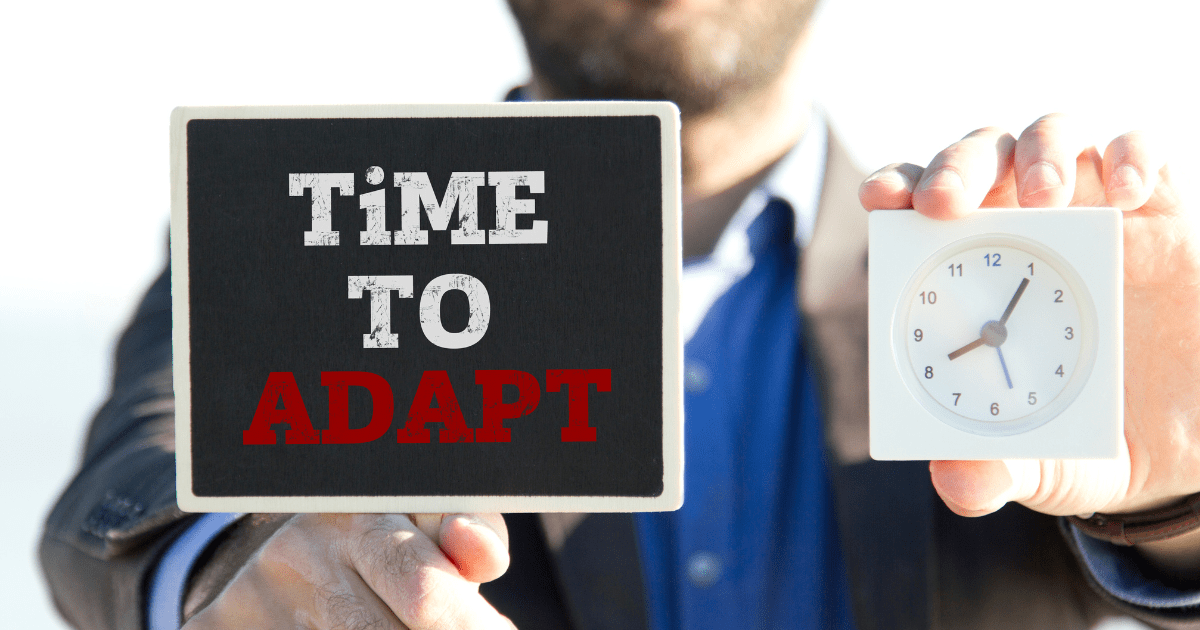SME South Africa celebrates Game changers/Disruptors this March. Follow along as we explore ideas and people that are challenging the status quo.
Fast Company recently released their annual list of the World’s Most Innovative Companies for 2018.
The list showcases businesses from a range of sectors across the globe that, according to Fast Company, tap “both heartstrings and purse strings and use the engine of commerce to make a difference in the world”.
This year’s list of African startups cuts across various sectors and markets – from mobile payments and education to wildlife conservation. Kenya dominates the list this year with five startups in total making it onto the list. Other countries represented on the list include Ghana, Zambia, South Africa and Nigeria.
Today, doing good and making money are no longer mutually exclusive – Zoona co-founder, Brett Magrath
Find out what the founders of the innovative companies on the continent have to say about overcoming criticism, not giving up and helping the customer to win.
1. mPharma (Ghana)
Fast Company says: “For lowering the cost of meds by uniting mom-and-pop pharmacies”
Founder wisdom: “Our journey began in Zambia through a partnership with the Zambian government to digitise the prescription system in the country at no cost to Health Ministry. Creating shared values allows us to think about our work not in terms of short term profits but rather enabling patients to purchase their drugs at almost wholesale prices. While this does not look like good business in the short term due to lower margins, we believe that by continuing to aggregate consumption and increasing patient volumes, we can deliver enormous financial value to our shareholders” – Gregory Rockson (Medium)
2. Farmerline (Ghana)
Fast Company says: “For offering mobile weather forecasts to rural farmers across 11 countries”
Founder wisdom: “Few people thought that two young men like Emmanuel and I could develop or roll out something worthwhile that would have a positive impact on people’s lives. We faced a lot of criticism and there were times when it made us defensive. We came close to giving up numerous times, but we’ve learned a lot since then” – Alloysius Attah (Business World Ghana)

3. Zoona (Zambia)
Fast Company says: “For supporting entrepreneurship in Africa with mobile payments”
Founder wisdom: “The world is changing and it’s quite different from what it was even a few years ago. Today, doing good and making money are no longer mutually exclusive. To build a sustainable business that attracts great people and is able to stand the test of time, you need to point to the good you do. It’s something you can’t fake and something that you genuinely need to do. At Zoona, we are creating opportunities and not dependents” – Brett Magrath
4. M-Kopa Solar (Kenya)
Fast Company says: “For lighting up affordable and accessible solar grids”
Founder wisdom: “We think it’s possible to build a business with no trade-offs.”
“We can benefit the environment. Our customers will be better off. And we’ll get richer. We all can win” – Jesse Moore (Bloomberg)
5. African Parks (South Africa)
Fast Company says: “For using tech to manage wildlife conservation”
Founder wisdom: “It’s rare to find individuals who commit themselves so whole-heartedly and with such conviction and clarity in wanting to save Africa’s wildlife for the benefit of the people,” said Peter Fearnhead, CEO of African Parks. “Our vision is to protect 20 parks by 2020, bringing up to 10 million hectares of wilderness under our management” – Peter Fearnhead (Wyss Foundation)
6. Moringa School (Kenya)
Fast Company says: “For training Africa’s next generation of tech talent”
Founder wisdom: “We are also doing very well financially and are expanding because of our success in Kenya and around the world,” Cheng told TechMoran. “We are becoming recognized as a strong brand that has bootstrapped our way and listened closely to our customers to ensure we are meeting their needs” – Audrey Cheng (Tech Moran)
The reality is that it’s not about flying to the moon and moonshots missions. It’s about whether the majority of people in 30 years can lead good lives because of technology – Flutterwave co-founder, Iyinoluwa Aboyeji

7. Twiga Foods (Kenya)
Fast Company says: “For bringing produce from Kenyan farmers to market”
Founder wisdom: “We realized that if you could organize purchasing power around one product you could start to figure out how to organize a market. You can make a market for any good if you develop enough purchasing power” – Grant Brooke (Medium)
8. BRCK (Kenya)
Fast Company says: “For launching the SupaBrck, a waterproof, solar-powered Wi-Fi box that’s both a 3G hotspot and off-grid server”
Founder wisdom: “Most of the big companies — Google, satellite companies — are all doing transmission, they are not doing distribution,” said Hersman. “That’s where BRCK has a real competitive advantage and it makes us good partners with those companies. They provide the transmission end and we provide the transition out — that last meter between your phone and the Wi-Fi” – (Tech Crunch)
“There are many things that would take this continent forward faster, but my thinking revolves around generating wealth and jobs through business creation. The more we are trading across our own borders, manufacturing our own products, and hiring our own people to do the highly technical jobs that we tend to outsource, the faster we’ll move and reach our potential” – Erik Hersman (howwemadeitinafrica.com)
9. Flutterwave (Nigeria)
Fast Company says: “For easing transactions from country to country”
Founder wisdom: “The reality is that it’s not about flying to the moon and moonshots missions. It’s about whether the majority of people in 30 years can lead good lives because of technology” – Iyinoluwa Aboyeji (CNN Money)

10. Internet of Elephants (Kenya)
Fast Company says: “For raising awareness of conservation through gaming”
Founder wisdom: “It’s a pretty harsh system, all or nothing. But we set the target based on what was really needed to do justice to the animals we create, and we know we can reach it with everyone’s help,” says Gautam Shah, Internet of Elephants founder. “We have no choice but to try new approaches if conservation stands any chance” – Gautam Shah (Kickstarter)


